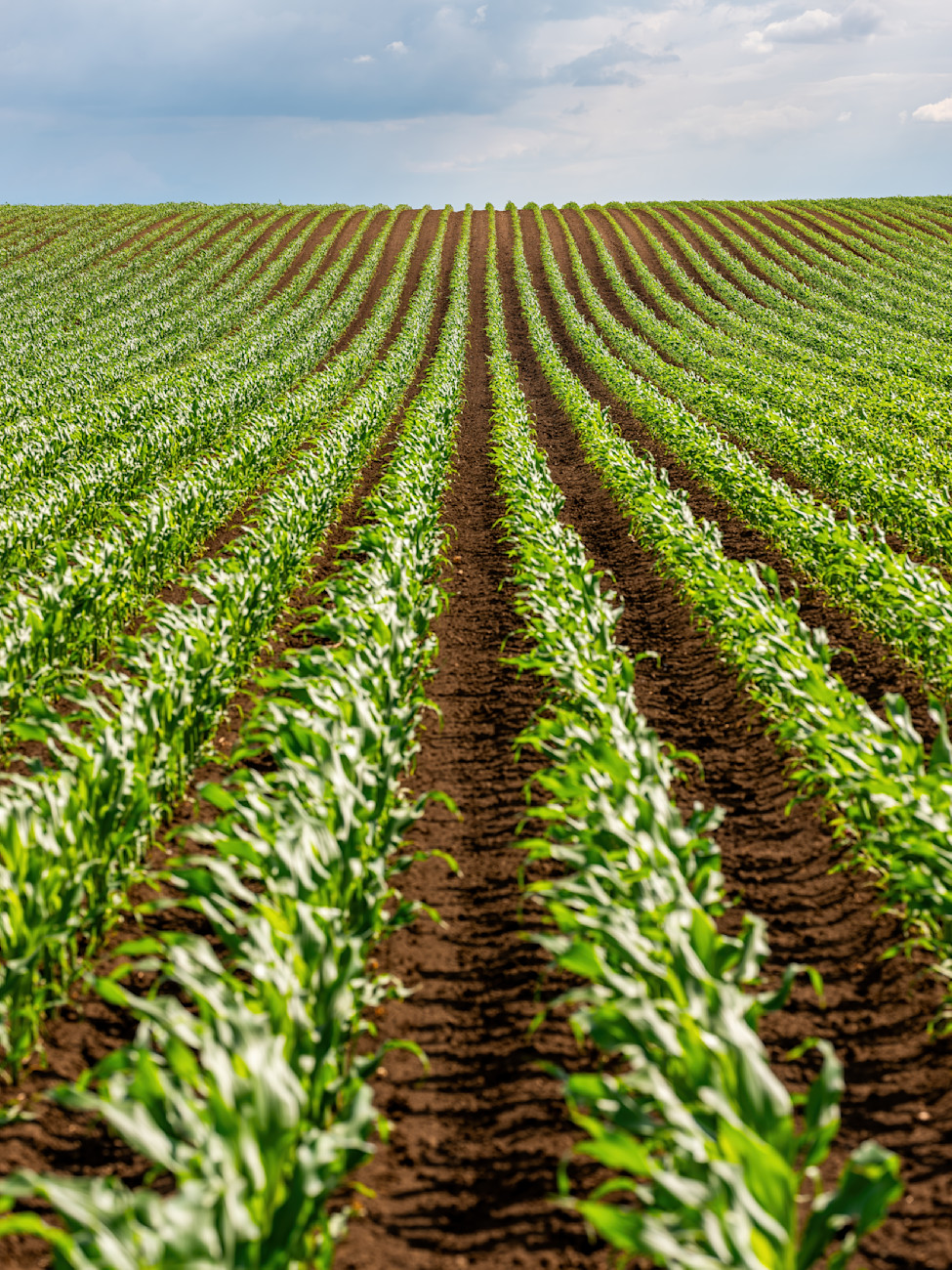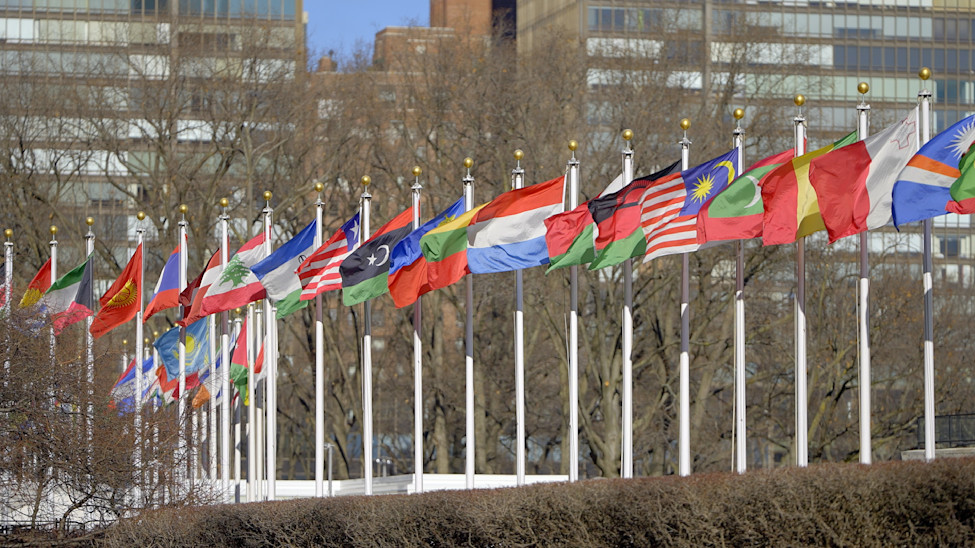
FAIRR at COP30
FAIRR at COP30
This year’s annual Conference of the Parties (COP30) of the United Nations Framework Convention on Climate Change will be held in Belem, Brazil, from 10-21 November 2025. The UN summit remains the world’s biggest collective effort to tackle the impacts of climate change and achieve a net-zero transition in line with Paris Agreement targets.

Why COP30 matters for the agri-food sector?
With agri-food emissions accounting for around a third of global greenhouse gas (GHG) emissions, transforming food systems is essential to address the risks of climate change. In addition, agriculture is particularly vulnerable to the growing impacts of climate change. Even if fossil fuel emissions were stopped, global food system emissions alone could raise temperatures by more than 1.5°C.
What FAIRR expects to see at COP30
New commitments in NDCs, including agriculture
The submission of nationally determined contributions (NDCs) is set to be a particular focus for COP30. NDCs are national climate action plans submitted by countries under the Paris Agreement that outline their efforts to reduce emissions.
Countries are expected to submit updated NDCs this year. The deadline for submitting these was 10 February 2025, but the UNFCCC extended it to 30 September 2025 as only 18 countries submitted their plans on time. More submissions are expected in the run up to COP30, with particular attention being paid to the EU, given its prominence as a trading bloc.
The EU has indicated that its NDC will be aligned with the Paris Agreement and submitted ahead of COP30. The climate plan is set to include a GHG emissions reduction target of between 66.25% and 72.5%.
Agriculture and food systems continue to be overlooked in many climate commitments, however. In 2021, FAIRR urged G20 governments to disclose their targets to address agricultural emissions in their NDCs, due to the high-emitting nature of the industry. Yet, out of the five G20 countries that submitted their NDCs earlier this year, none have included an agricultural emissions reduction target.
As noted in a recent FAIRR article, this creates uncertainty for investors and slows down the transition to a sustainable food system.
Progress on aligning agri-finance and subsidies with climate and nature goals
Agricultural subsidies and public fiscal support often incentivise agricultural activities that lead to deforestation, higher use of environmentally harmful inputs (e.g. pesticides and fertilisers), high carbon emissions and an increased risk of animal-borne diseases and antimicrobial resistance.
Potentially harmful agricultural subsidies range from US$470 billion to nearly US$840 billion annually. Repurposing subsidies to align with sustainability goals is gaining momentum, supported by Target 18 of the Kunming–Montreal Global Biodiversity Framework, which aims to identify subsidies harmful to biodiversity by 2025 and to reduce them by at least US$500 billion per year by 2030.
Similarly, at COP28, the UAE Declaration on Sustainable Agriculture was signed by over 100 countries. It emphasised the need to “revisit or reorient policies and public support” in light of climate change. FAIRR will continue to track progress on this issue at COP30, having released a statement calling for agricultural support to be aligned with climate and nature goals in 2023, supported by investors with US$7 trillion in AUM.
Progress on addressing deforestation
As COP30 is being hosted in Brazil this year, deforestation and nature loss in ecosystems such as the Amazon and the Cerrado – which FAIRR has previously worked on – will be prominent on the agenda.
High-level announcements on the topic are expected, including:
the Resilient Agriculture Investment for Net Zero Land Degradation initiative, which will focus on restoring degraded agricultural lands to reduce emissions, strengthen food security, prevent deforestation and conserve biodiversity; and
the Tropical Forests Forever Facility, a blended-finance mechanism to incentivise countries to prevent tropical forest deforestation and degradation, with 20% of funding going towards indigenous peoples and local communities.
2050 roadmap for agri-food systems
As COP30 approaches, FAIRR continues to track progress on developing a clear global roadmap for achieving climate and nature goals in the agri-food system. Register for FAIRR’s webinar on this topic here.

How FAIRR is involved in COP30
As an investor network of over 400+ members, representing more than US$80 trillion in assets under management, FAIRR will aim to highlight the material financial risks related to intensive animal agriculture in discussions at COP30. FAIRR convenes and drives conversations between investors and other stakeholders, including policymakers and governments, on taking ambitious action on food and agriculture, in line with the Paris Agreement.
For more information on the events FAIRR will be hosting and participating in, please see our COP30 event page.
